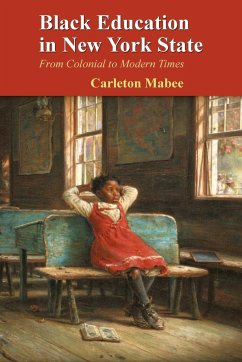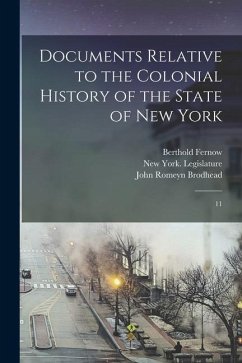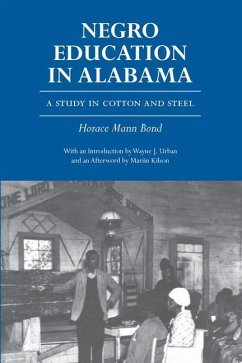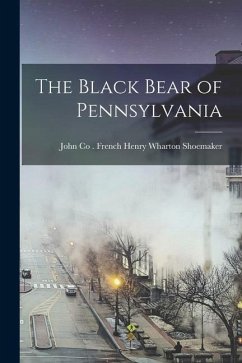
Black Education in New York State
From Colonial to Modern Times
Versandkostenfrei!
Versandfertig in über 4 Wochen
19,99 €
inkl. MwSt.

PAYBACK Punkte
10 °P sammeln!
In this first comprehensive history of black education in New York State, Carleton Mabee contributes to a fuller understanding of the role blacks have played in American education. As he says in the final chapter, "This agonizing narrative, stretching over more than three centuries, reveals not only the severe limits as to what education by itself can achieve, but also significant improvement in the education of blacks—halting and limited improvement, to be sure, but nevertheless improvement, and thus can give us hope." Mabee discusses colonial church-sponsored efforts to educate slaves, the...
In this first comprehensive history of black education in New York State, Carleton Mabee contributes to a fuller understanding of the role blacks have played in American education. As he says in the final chapter, "This agonizing narrative, stretching over more than three centuries, reveals not only the severe limits as to what education by itself can achieve, but also significant improvement in the education of blacks—halting and limited improvement, to be sure, but nevertheless improvement, and thus can give us hope." Mabee discusses colonial church-sponsored efforts to educate slaves, the work of nineteenth-century white abolitionists in promoting black education, and the role of both blacks and whites in developing public schools and other kinds of schools for blacks. Extensive research into primary sources provides new insights into the major nineteenth-century school issues as they related to blacks in the state. Mabee also examines the impact of the "Great Migration" of blacks into the state in the early twentieth century and the revival of segregated schools that followed.












